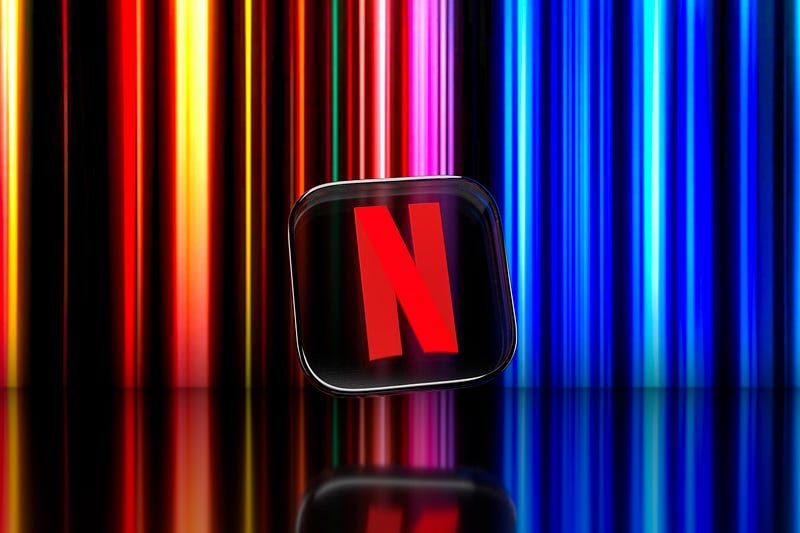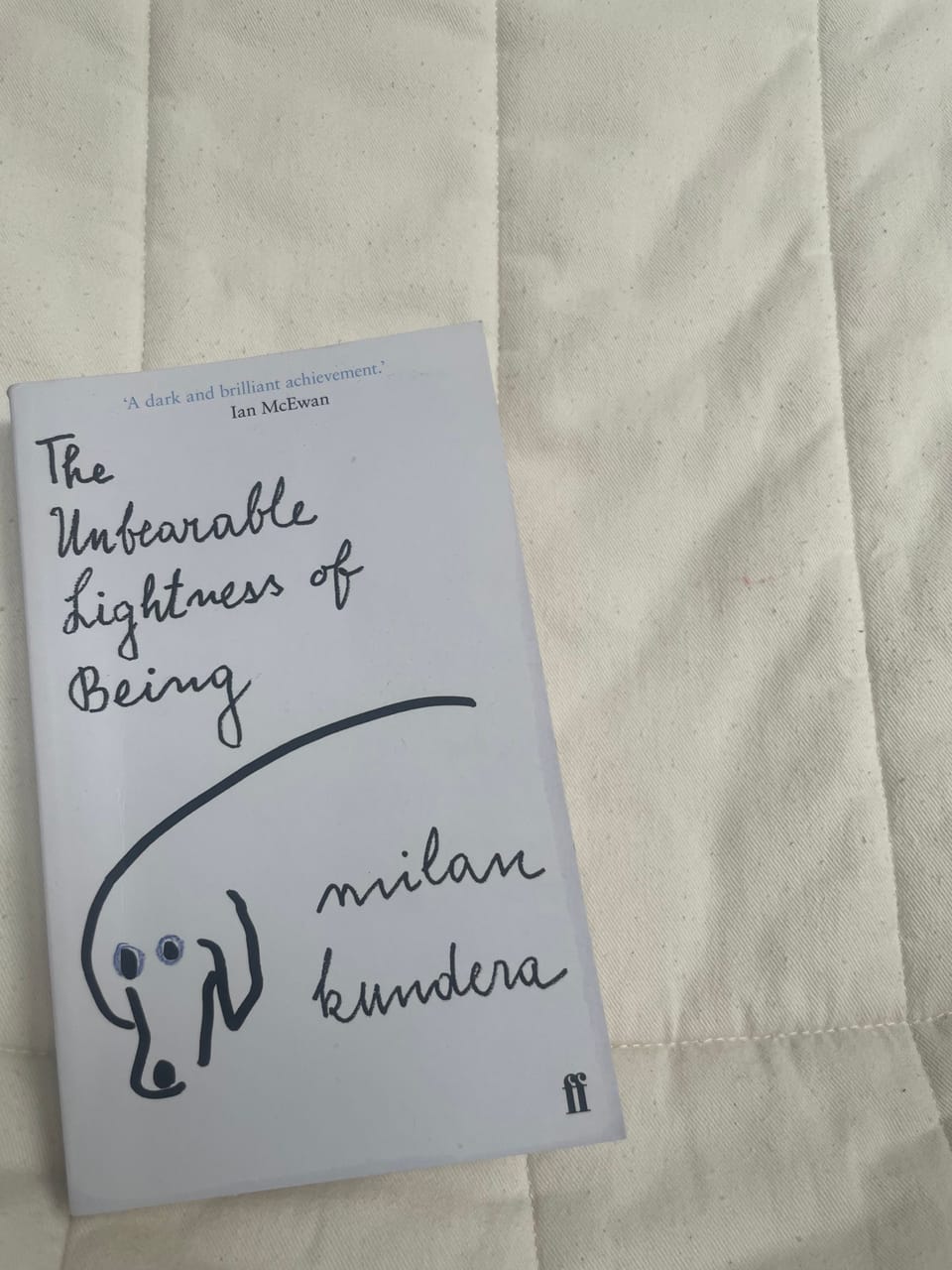My Interpretation of Loch Henry
A Black Mirror fan here. After watching the new season of Black Mirror, I collected my thoughts on the second episode: Loch Henry. Why is…

A Black Mirror fan here. After watching the new season of Black Mirror, I collected my thoughts on the second episode: Loch Henry. Why is it so important to see behind the curtains? Tragedy on sale, personal drama on live! Is society gone crazy?
Why do we like big dramas? Well, that is hardwired in our behaviour. Drama is exciting at the expense of someone else. Also, it helps us to forget the truth of our own lives.
Neuroscience digs deep into this topic. Here is a very interesting article about what is happening in your brain when you face drama.
I know these are all fascinating, but please start to make shows about people who did great with others. Let’s make kindness normal and trendy.
The new season of Black Mirror was worth the wait. There is a discussion going on offline and online about if it’s really good or if people just settle with scratching the surface, but I do think that the fact that people are discussing tells a lot.
Obviously, there is a lot going on, but what got my attention is Davis’ struggle. He got a story to tell, a prize to win, and the fame that most people think it’s a blessing. But nothing is as easy as it seems. Samuel Blenkin as an actor is brilliant.
More and more documentaries are made on Netflix — documentaries about people’s personal life. Most of them are made about famous people who feel they want to tell the truth or their side of a story. What is scary to me is how people love that.
I started to think: Where is the limit of privacy? Where are the boundaries of famous people? What about non-famous people’s boundaries? What effect will these tell-all revelations have on society? Is it just a little-known form of entertainment?
To be clear, I’m not judging what is right to share with the public. I’m just curious about where this road leads us.
Famous people make money with their lives, body, and thoughts. That is correct. That is their decision. But what about victims of murderers? Seeing Davis’ sadness and agony, I started thinking about the relatives of Jeffrey Dahmer’s victims. I’ve never seen that Netflix series. I know it would give me nightmares, and I don’t need that.
What I’ve seen is the impact on people around me and how people react on the internet. They are casually talking about the murders. They joke about what happened. They dress up like a serial killer. They fancy a psychopath.
While many people are having a blast and trying to keep their cool to talk about killing and torturing other human beings during their lunch break, they are forgetting something important.
There are people out there who do not enjoy this show because they lost someone. The show tears open old wounds and leave new ones behind. And I’m not talking about my wounds. I’m talking about Davis’s. He lost an image of his father, he lost a mother (also the image of a caring mother), and he lost a girlfriend. He lost his truth and love for what? Applause and cheer. That doesn't make you happy, as you could see in the Loch Henry episode. People put their deep trauma on the screen, and the reaction is usually the complete opposite of what they need in real life. I suppose that's the reason why writers prefer the background.
Let’s remember Davis’ face. He did the right thing and told the truth, but we’ll have to see how Davis processes all of this. We saw a lot of awful things in life. Show us how to get over it.
Because that’s what this generation needs to see.
We need to see how others heal from trauma.
Thank you, Netflix!
And thank you for reading.



